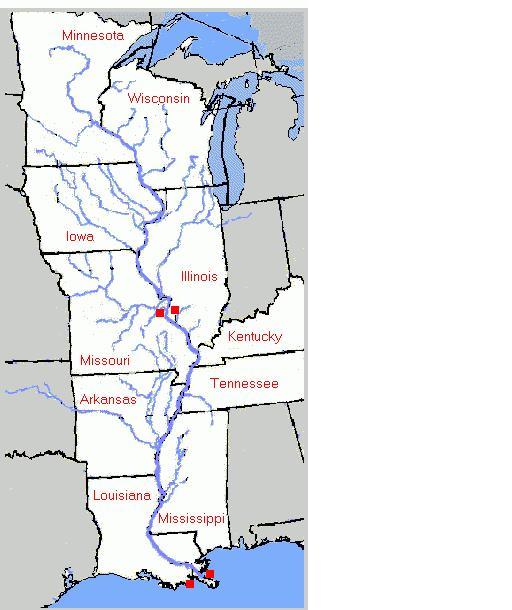
[ first posted by Farol, some rights reserved]
So, here I go to conclude that part of my investigation, the purpose of which is to evaluate how the concepts of race, frontier, and apocalypse go together in Lovecraft’s fiction. More precisely, the issue was race, and I tried to establish, and am still trying to, that it cannot be evaluated without also involving the other two.
That does not at all explain what Melville is doing in there. I should add that I am somewhat obsessed with literary genealogies, at least where Lovecraft is concerned: I’m always ever trying to formulate and re-formulate him pedigrees, outside the usual and well-established circle of suspects – may Dunsany, Clark Ashton Smith, August Derleth, and: Poe, forgive me.
That makes Melville one of my usual suspects…he’s just as bitter in his morals as is Lovecraft, and just as grand in his cosmological ensemble, man vs. universe.

[first posted by Lance McCord, some rights reserved – the sign reads: Melville Candy Shop]
That said, here’s the job. I gave a general introduction to Melville’s The Confidence Man, asked whether or not it was actually staging Nietzsche’s concept of the eternal recurrence, then went on to give another introduction, to the actual corpus delicti, the chapters on Indian hating, took an important digression to Lovecraft’s “Indians”, or rather, his re-erection of the frontier, and now am stranded here, knotting up the strings.
Alright. The deal is this.
The Fidèle – a boat and a stage: and one that is not much smaller, if at all, than the Pequod, is going down the Mississippi river, headed for New Orleans. In steps the trickster, the con man, aka the great merchant of souls, boarding the boat in St. Louis.
At sunrise on a first of April, there appeared, suddenly as Manco Capac at the lake Titicaca, a man in cream-colors, at the waterside in the city of St. Louis.
April 1, sometime in the 1850: as the boat is going downriver, the con man sits on deck and falls into a conversation on Indian hating with –
A man neither tall not short, neither stout nor gaunt; but with a body fitted, as by measure, to the service of his mind.
Since he doesn’t have any physical characteristics (neither-nor), does that also mean that he doesn’t think at all? After all, he doesn’t narrate any experience he himself would have made, but rather he refers, as in a quote, to James Hall, and paraphrases Hall’s account of the archetypal Indian slayer and hater, the Colonel John Moredock. Basically, he – the man without qualities – works in encyclopedic knowledge, into the narration, selected by Melville, of course, to give a biased, unbalanced account very unfavorable to the Indian.
It’s all an April Fool’s Joke, you douchebag!
It sure is. That doesn’t mean that the events on stage are not political: that extended part of the joke is placed a little too squarely into the overall layout of the novel to be whisked away, just like that.
To quote from Elizabeth S. Foster’s introduction to the novel, graciously excerpted in the Norton edition (472-475), –
This interpolated account of Indian-hating and Colonel Moredock, which occupies Chapters XXVI and XXVII, is the turning-point of the novel at its symbolical levels and the apex of the whole argument; it has been, furthermore, a stumbling-block to several critics. Therefore it will be pertinent here to examine closely Melville’s treatment of the material that he borrowed from Judge Hall.
Stumbling block, indeed. I flummoxes me out for now. I need to go a little deeper, it seems, into the relation symbolism-politics before I write a conclusion. Ah.
Leave a comment
No comments yet.


Leave a comment